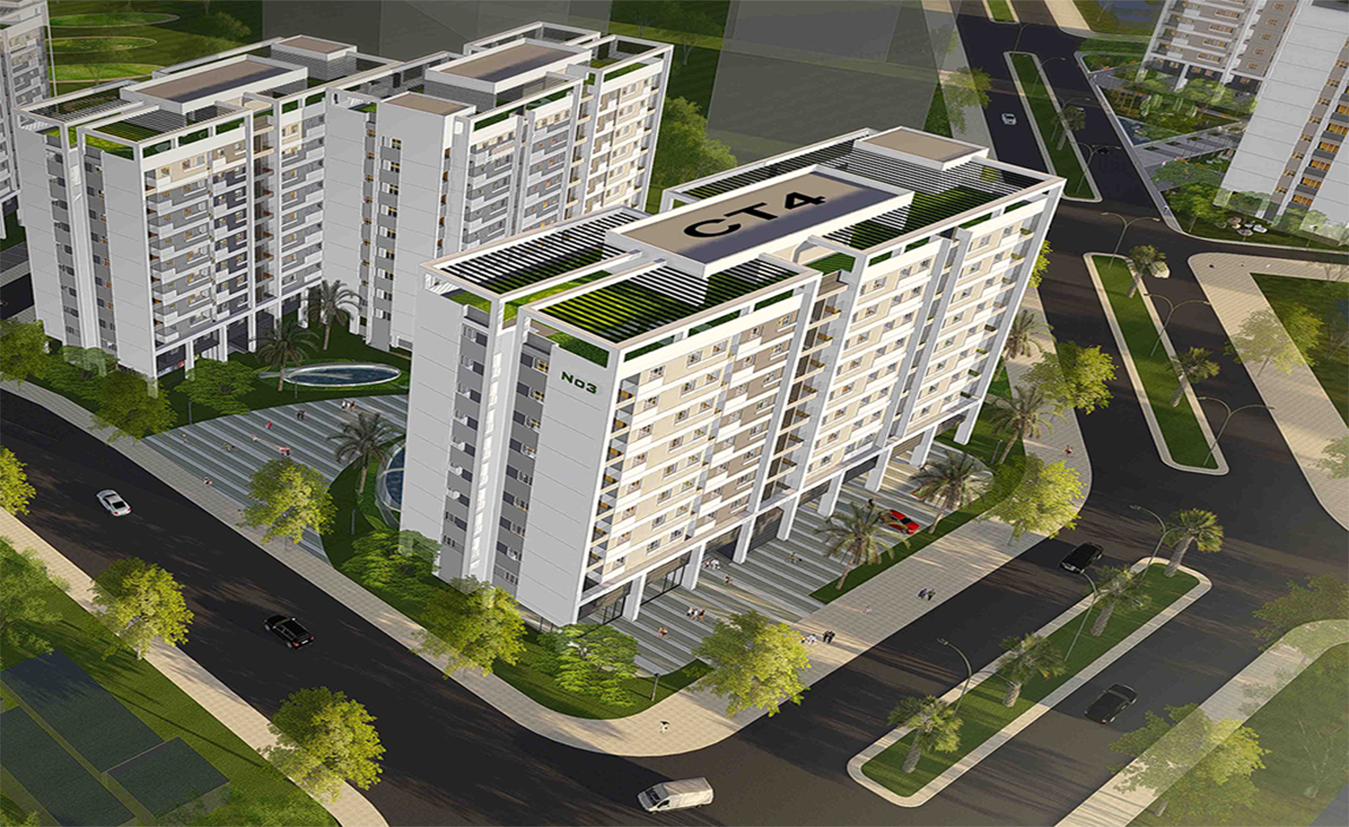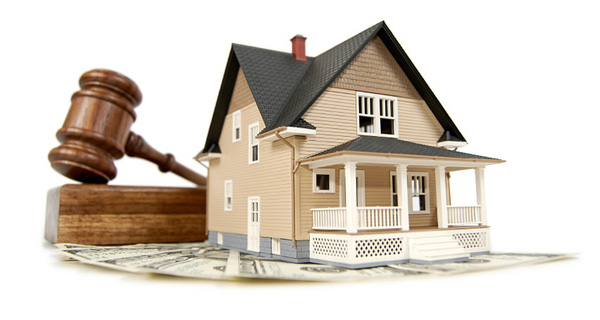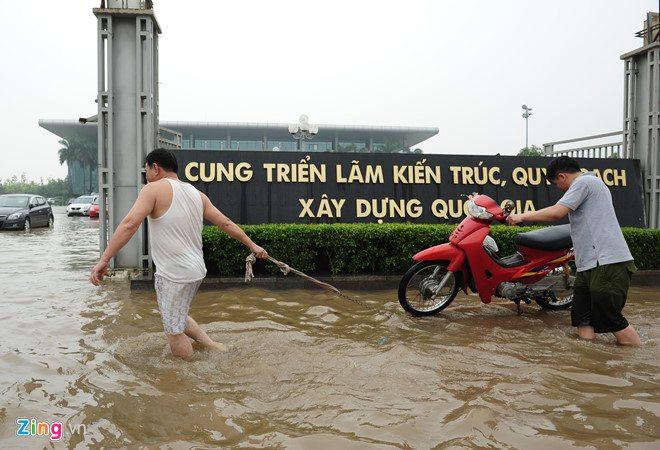On the afternoon of November 25, the National Assembly held a plenary session at the hall and voted to pass the amended Law on Housing and the amended Law on Real Estate Business.

As a result, 77.46% of the votes approved the Housing Law out of a total of 83.3% of participating votes. There were 4.63% of votes not in favor. Additionally, 82.7% of the votes approved the Real Estate Business Law out of a total of 84.1% of participating votes.
Thus, two laws of significant importance to the real estate sector have been passed by the National Assembly. These two laws take effect from July 1, 2015. With the implementation of these laws starting from July 2015, there will be significant impacts on housing development and real estate business activities. Below are some notable changes:
1. Investors must have financial guarantees for the sale or lease of future properties: Article 56 of the Real Estate Business Law stipulates: Before selling or leasing houses to be formed in the future, real estate project investors must have financial guarantees from financial institutions or credit institutions authorized to operate in Vietnam.
Additional provisions allow buyers and leaseholders to request information regarding the project's construction progress, the use of advance payments, and actual inspections at the project site (Article 58).
2. Foreigners are allowed to purchase and own houses in Vietnam: This regulation has been piloted over the past 5 years; however, the conditions were very strict. With the changes in the Housing Law, regulations on the purchase and ownership of houses by foreigners in Vietnam will be relaxed.
Specifically, applicable entities include foreign individuals, foreign-invested enterprises, branches, representative offices of foreign enterprises, foreign investment funds, and foreign bank branches operating in Vietnam; foreign individuals permitted to enter Vietnam.
They are allowed to purchase, lease-purchase, receive as gifts, inherit, and own no more than 30% of the apartments in a building.
If it is a standalone house, including villas or townhouses, they are allowed to purchase, lease-purchase, receive as gifts, inherit, and own no more than 250 houses in an area equivalent to a ward-level administrative unit.
3. Real estate business requires the establishment of an enterprise: Article 10 of the Law requires organizations and individuals engaging in real estate business to establish an enterprise or cooperative (collectively referred to as an enterprise).
Individuals, households, or organizations trading, leasing, or lease-purchasing real estate on a small scale are not required to establish an enterprise but must declare and pay taxes. (The current real estate transfer tax is calculated at 2% of the contract value.)
4. Registered capital must not be less than 20 billion VND: The previous regulation for registered capital of real estate businesses was 6 billion VND. Now, according to Article 10 of the new Real Estate Business Law, the registered capital must not be less than 20 billion VND.
5. Investor's own capital must be at least 20% of the total investment for projects using land below 20 hectares and not less than 15% of the total investment for projects using land of 20 hectares or more under the land law.
6. No regulations on the establishment of a Social Housing Development Fund. Funding and lending for implementing social housing support policies will be through the Vietnam Bank for Social Policies. The bank will create a separate account to manage funds for social housing support policies, with participation from the Ministry of Construction and the Ministry of Labor, Invalids, and Social Affairs to ensure efficient use of funds, preserve capital, and target the right beneficiaries. Loans will be disbursed through existing branches of the Vietnam Bank for Social Policies to avoid additional staffing, organizational, or operational costs.
7. Regarding the timing of housing ownership transfer (Article 12), from the moment the purchaser or lease-purchaser has fully paid for the house; received the house from the investor: most opinions agree with the regulation on the timing of housing ownership transfer as per the draft Law. However, some opinions suggest that the provision in Clause 3 regarding housing transactions between the investor and the buyer is inappropriate.
Source: cafef.vn
 Article table of contents
Article table of contents





.Medium.png)
.Medium.png)
.Medium.png)
.Medium.png)
